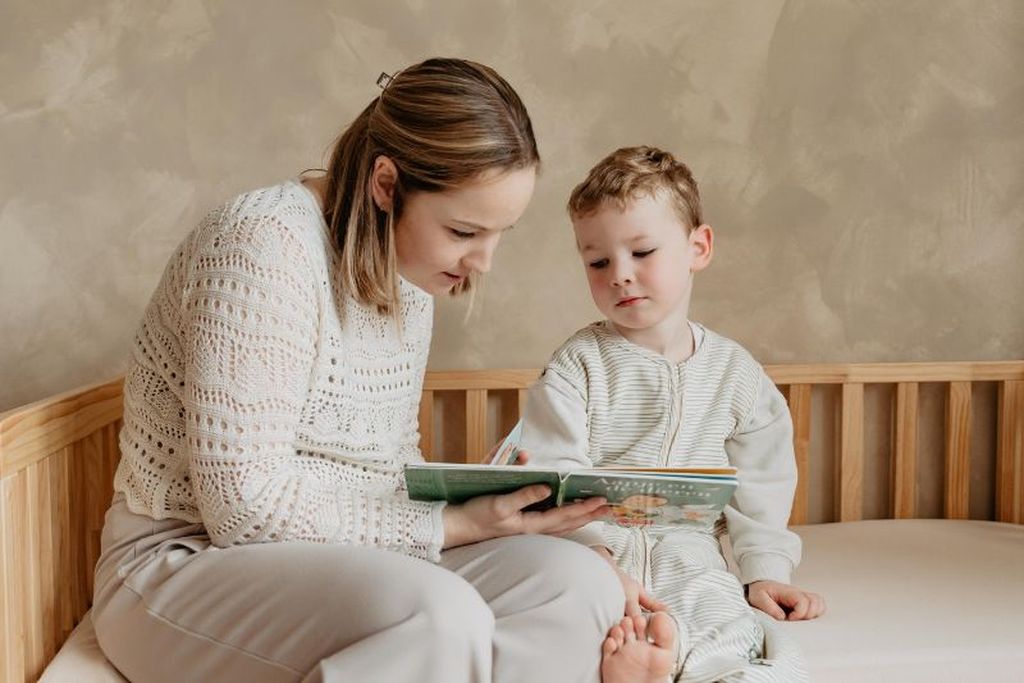How to help your toddler sleep in their own bed
Is your toddler suddenly preferring to sleep with you, or are you making the transition to a big-kid bed for the first time? Don’t worry—you can (re)teach your little one to sleep independently in their own bed! With a loving approach, clear routines, and a bit of patience, bedtime can become a peaceful moment again.

How to help your toddler sleep comfortably in their own bed
Toddlers go through major developmental leaps. They are discovering that they exist separately from you, which can feel a little scary. During the day, there are plenty of distractions, but at night, when everything is quiet and dark, that realization can feel overwhelming. They are also learning about the concept of "disappearing and reappearing"—you leave, but you always come back. This understanding takes time to develop.
Some toddlers struggle with sleep because they haven’t yet mastered their sleep cycles. They wake up in an active sleep phase and can’t easily fall back asleep. Going to bed too late, overtiredness, or overstimulation before bedtime can also make sleeping more difficult.
You can help your toddler feel safe and relaxed in their own bed. Here are some useful tips:
Stick to a consistent bedtime routine
Toddlers love predictability. A familiar routine—such as a warm bath, brushing teeth, a bedtime story, and a cuddle—helps your child wind down for the night.
Prevent overtiredness
An overtired toddler has a harder time falling asleep and often sleeps restlessly. Trying to "save up" sleep during the day actually backfires. Make sure your child gets enough rest during the day and goes to bed on time.
Limit screen time and stimulating activities
The blue light from screens keeps the brain active. Stop TV, tablets, and phones at least an hour before bedtime. Instead, choose a quiet game or a book.

Give positive attention during the day
Sometimes toddlers want to stay close to you at night because they feel they didn’t get enough attention during the day. Short, focused moments together—during meals, brushing teeth, or a walk—can help.
Stay calm, loving, and firm
Your toddler will try everything to keep you close, but don’t give in to their charming tricks. Say what you mean and follow through. For example: "I’ll come check on you in three minutes"—and then actually do it.
Create a cozy sleep environment
A favorite stuffed animal, a soft nightlight, or soothing music can help your child feel safe and comfortable.
Get outside every day
Fresh air and physical activity improve sleep. A short walk, playing in the yard, or a trip to the playground helps your toddler use up their energy.
Move bathtime to the evening
A warm bath is relaxing and helps your child fall asleep more easily. Plus, it’s a great way to wind down together at the end of the day.
This phase can be tough, but it will pass. Stay calm and stick to a consistent routine. Give your toddler the confidence that they are safe and that you’re always there, even if you’re not sleeping right next to them. Before you know it, your little one will be sleeping soundly in their own bed again!


